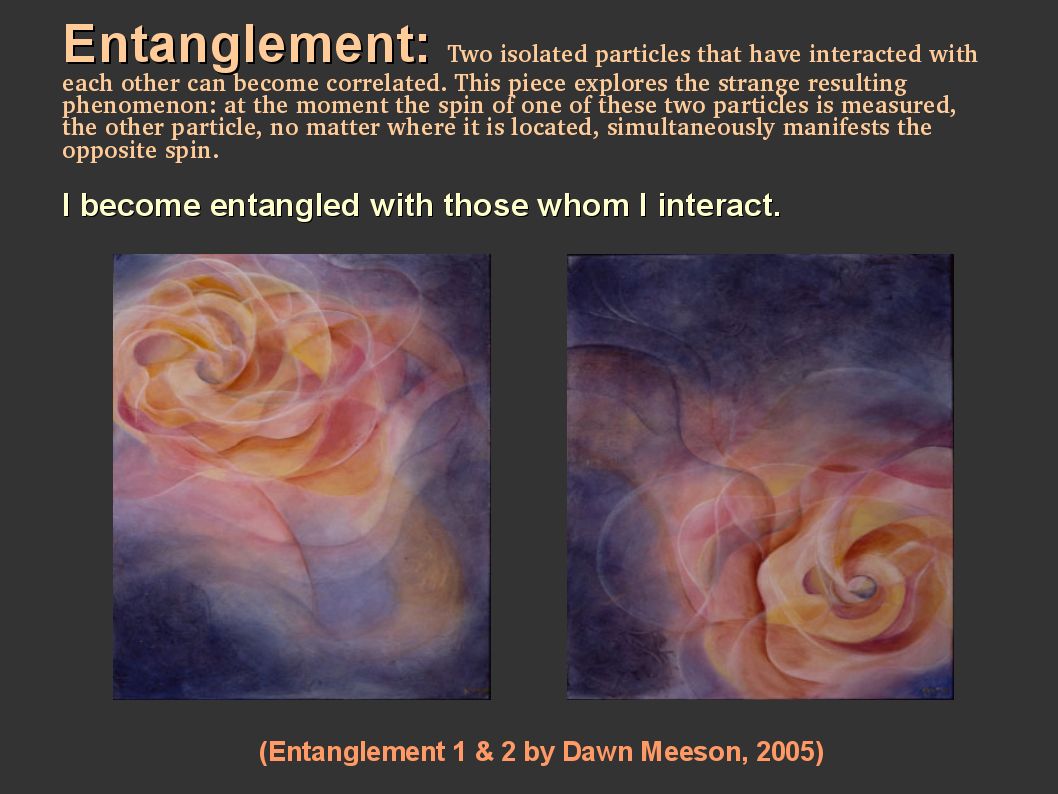True story. This is what I have witnessed over the past 2 weeks.
Students stress, get upset, cry or just give up and check out – there’s more than one way to deal with stress.
Teachers stress, get upset, cry – at least those who care about being accountable for how they report on their students’ progress. Others smirk, throw a dart and submit their marks on time with no lost sleep (those are the ones who give up and check out).
How has this become normal?
We are all connected.

Education reforms say they focus on process (espoused theory – what we say we believe in, we value), that curriculum is student-centered, favouring communities of learning, communities of practice.
Yet professional development related to Education reform is focused on assessment and evaluation (theory-in-use – what we actually do, not what we say we do), we focus on the end product. We spend so much time focusing on it that process is entangled in the end product. When PD is all about evaluation, then our professional lives become obsessed with it.
Don’t tell me that students are not stressed because their teachers are. Don’t tell me you wonder why students always ask – will we be graded on this? Will this be on the test? Don’t tell me that there is no relationship between our obsession and theirs.
Don’t tell me that the system is not sick, is not creating learning situations wrought with anxiety and frustration, wrought with obsession with the end result.
Don’t tell me that because I won’t believe you.
How is this still normal?
How can I reframe this to generate change?
How can I change this true story?
Thanks to @monarchlibrary for introducing me to Alan Watts and this video, Music and Life.

Leave a Reply